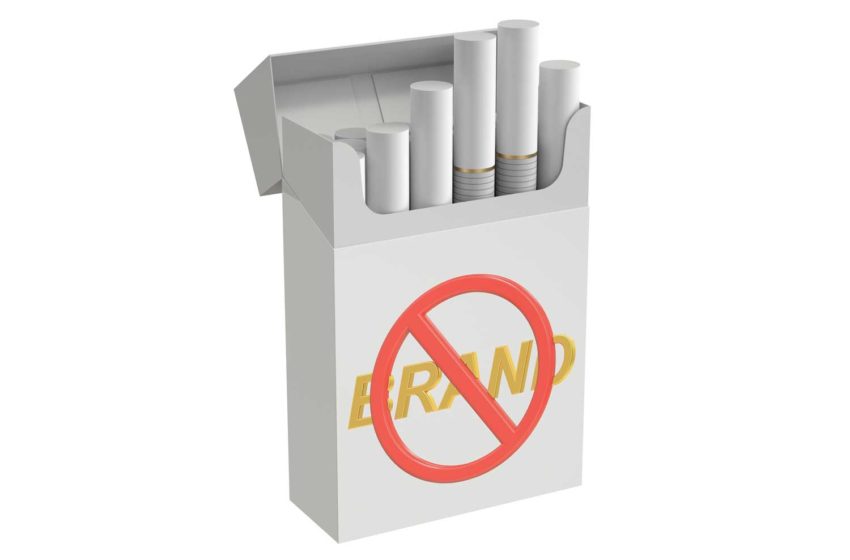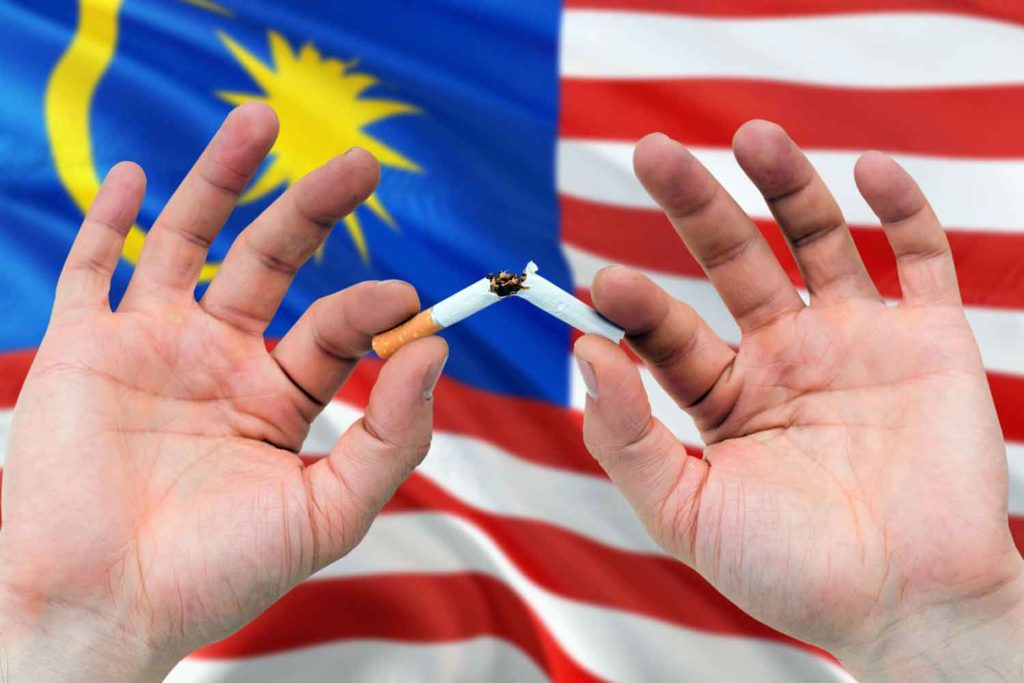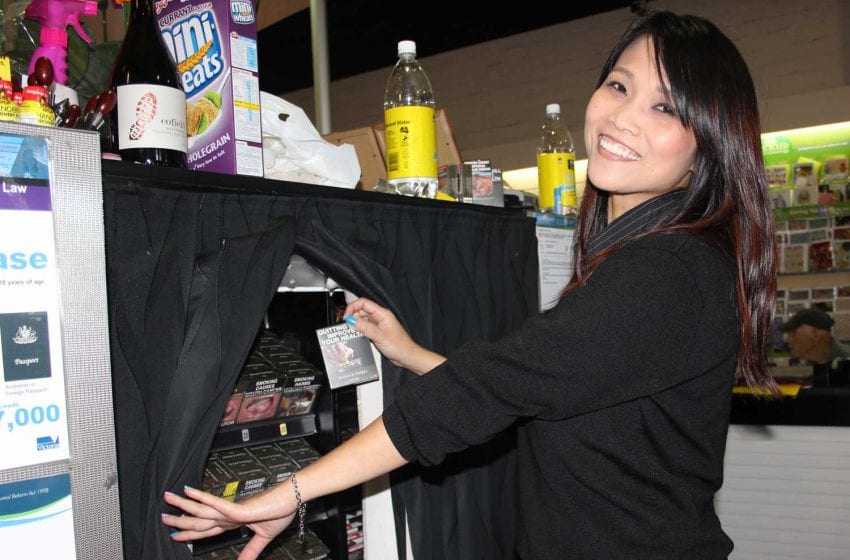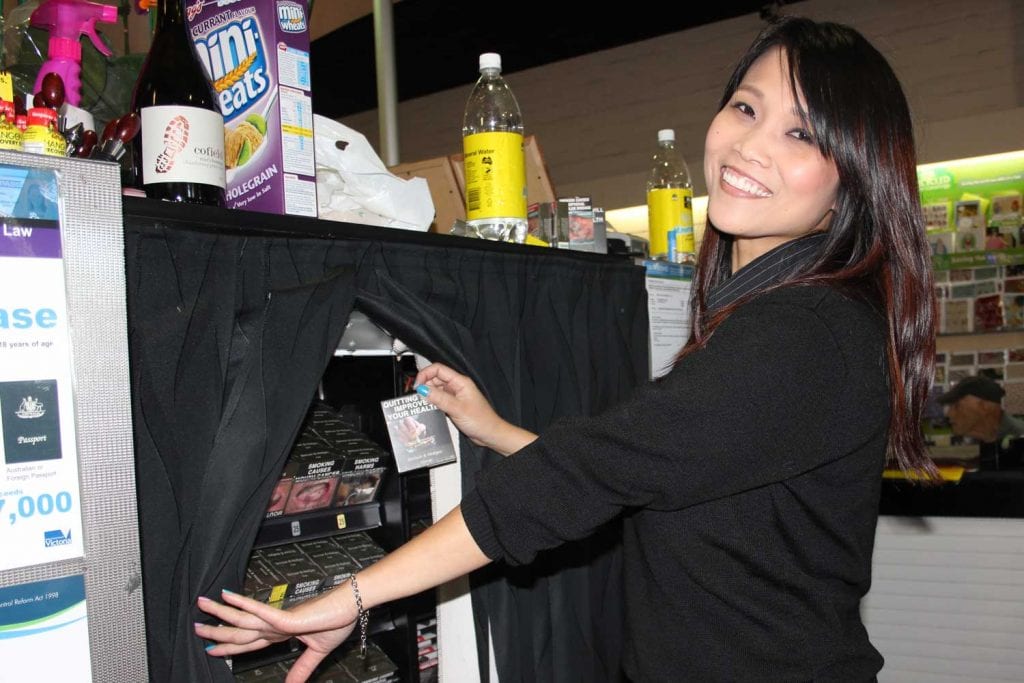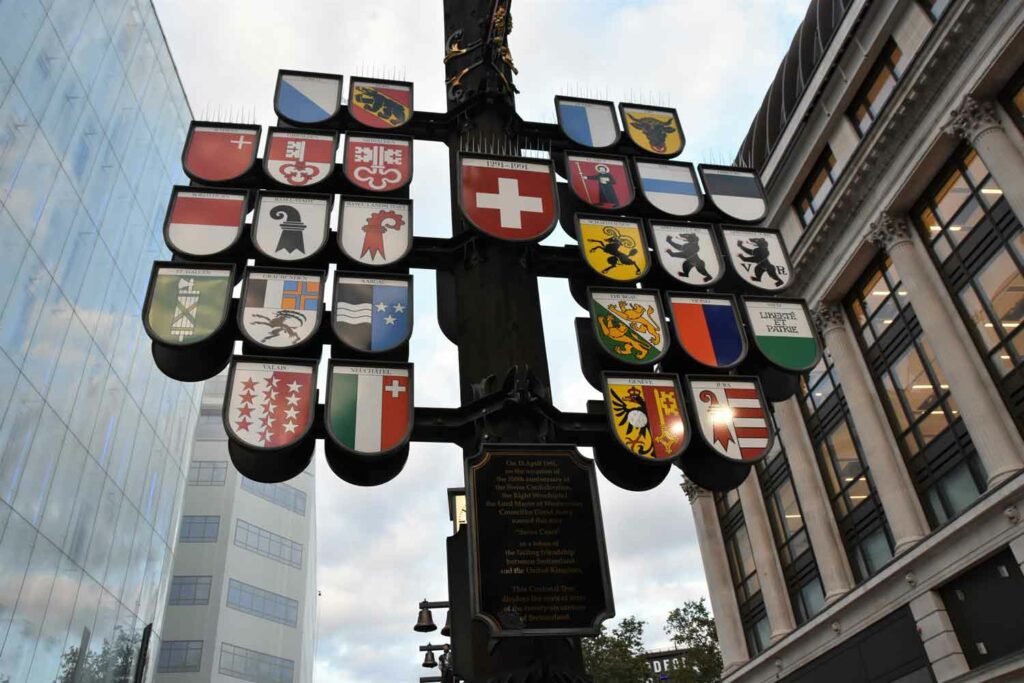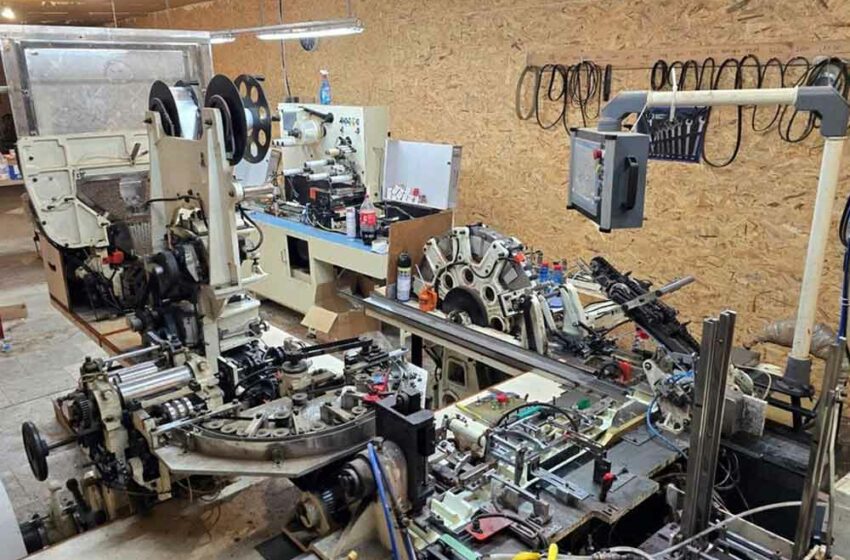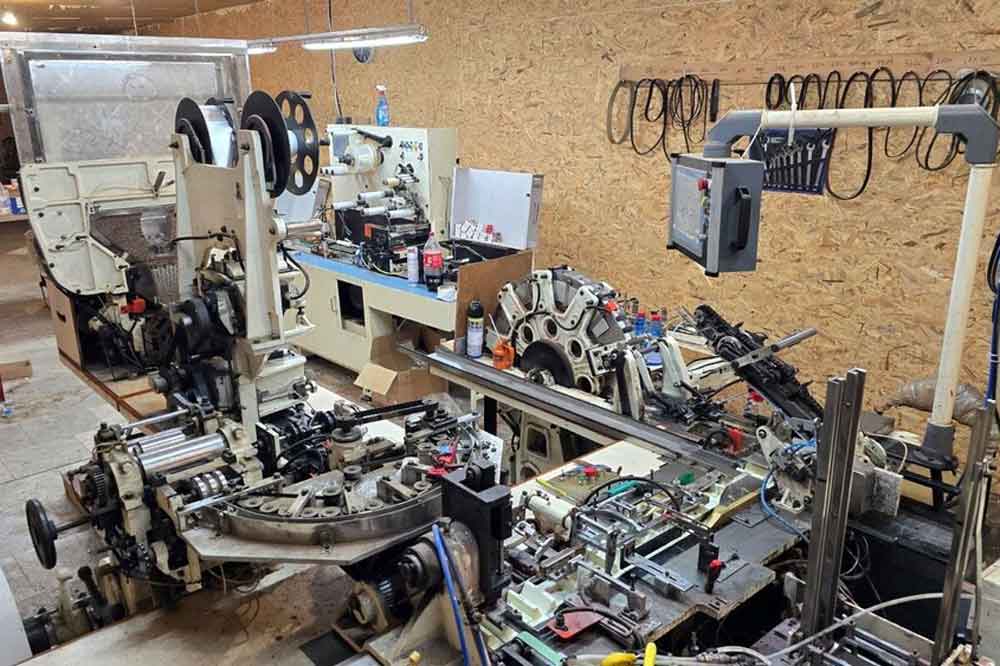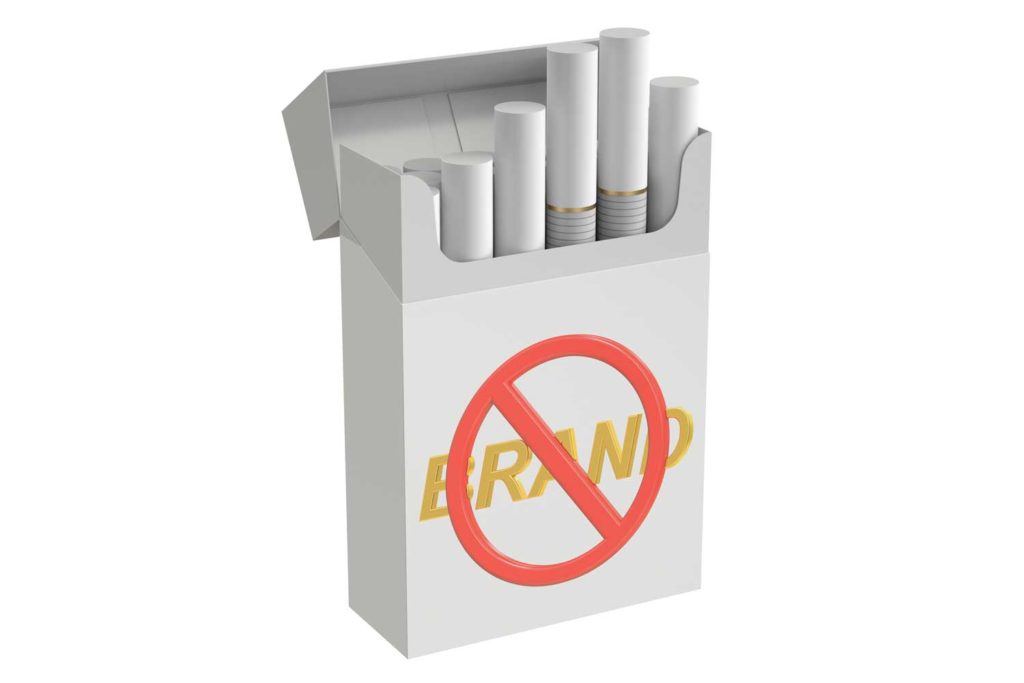
Laos will require cigarette manufacturers to sell their products in generic packaging starting Dec. 5, 2024. The new law restricts the use of logos, colors, brand images or promotional information on tobacco product packages. Only brand names and product names are allowed, displayed in a uniform color and style.
“This is significant progress when it comes to saving lives and safeguarding health against the harms of tobacco promotion and use,” said Saia Ma’u Piukala, director of the World Health Organization’s regional office for the western Pacific, in a statement. “This milestone builds on Laos’ complete ban on tobacco advertisement, promotion and sponsorship and world-leading 2021 ban of e-cigarettes and similar products.”
Laos spends an estimated LAK3.6 billion ($162.35 million), or 2.3 percent of its gross domestic product, annually treating smoking-related illnesses, according to the WHO.
“This is a commendable step toward protecting public health from tobacco, but there is further work to be done,” said Timothy Armstrong, WHO representative to Laos. “Each year sees more than 6,700 people in Laos—more than 17 per day—lose their lives due to tobacco use.
“The most impactful action is to increase tobacco taxes and make tobacco products less affordable. Currently, Laos has the lowest tobacco tax rate in the ASEAN region. Increasing tobacco taxes, and removing tax exemptions for tobacco companies, will save lives and generate millions of dollars for development priorities.”
According to the WHO, plain packaging eliminates tobacco packaging as a promotional tool and prevents the use of misleading design techniques that suggest some products are less harmful.
“The benefits of health warnings are numerous,” said WHO Laos tobacco control expert Douangkeo Thochongliachi. “They remind smokers and non-smokers about the harmful effects of tobacco; a regular smoker sees a warning message thousands of times per year. Plain packaging reinforces this by making health warnings even more prominent.”

